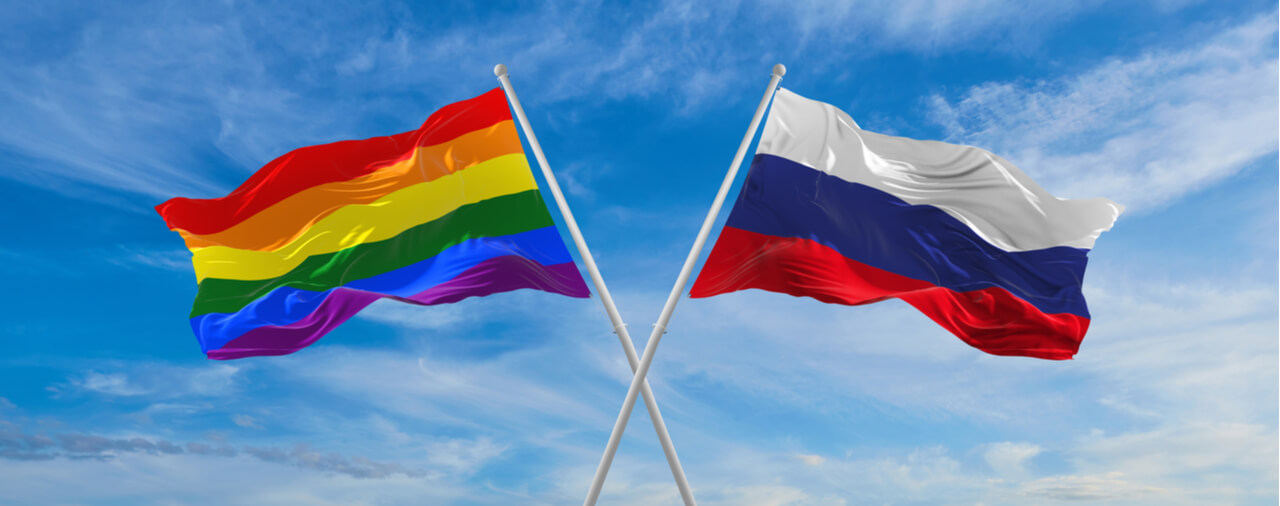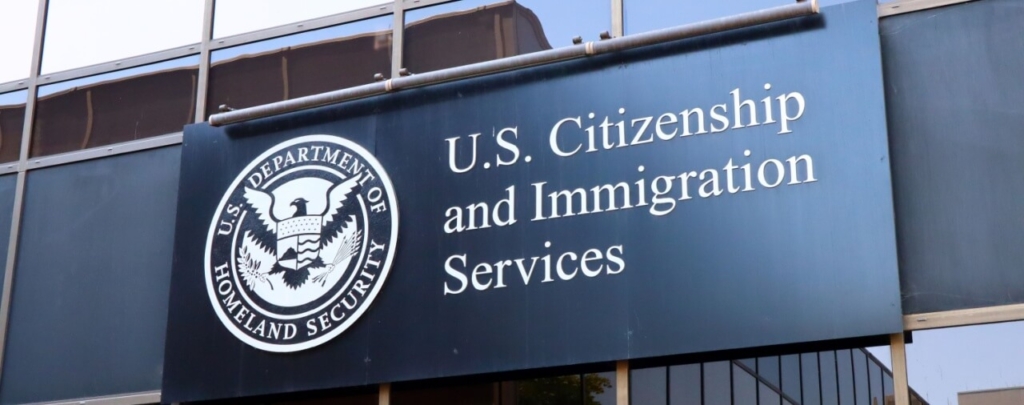On March 7, 2011, the governor of Saint Petersburg, Russia’s second-largest city and (once) its most civilized, Westernized, and tolerant metropolis, signed into law the bill against “propaganda of pedophilia, homosexuality, lesbianism, and transgednerism to minors.” When introduced to the Saint Petersburg legislative assembly in the fall of 2011, this infamous bill has caused international uproar among LGBT activists and human rights defenders. Several international petitions with hundreds of thousands of signatures were delivered to the Petersburg’s law makers, asking them to abandon the draconian measure which was to restrict the freedom of expression for the city’s already embattled LGBT community, as well as further deprive gay, lesbian, bisexual, and transgender residents of Saint Petersburg of their human dignity by equating their life styles to those of criminal sexual offenders such as pedophiles. The majority of the law makers, most of them members of Vladimir Putin’s United Russia party, ignored these pleas, and adopted the law which was cheered by the officials of the Russian Orthodox Church (ROC) and, even more frighteningly, by some of the federal officials, who suggested that such a measure could also be implemented on a national level.
Saint Petersburg is not the first city in Russia to enact such a homophobic legislature. Several major cities, such as Ryazan, Arkhangelsk, and Kostroma, have preceded Saint Petersburg in restricting their LGBT residents’ rights to freedom of speech, expression, and assembly. On several occasions, gay activists have been violently dispersed and arrested in these cities for their attempts to campaign against these harrying measures. While these regions of the Russian Federation have always been rather conservative and intolerant of minorities, the world was truly shocked when an analogous bill was introduced, approved, and signed into law in Saint Petersburg, Russia’s “cultural” capital and a favorite destination for tourists from all over the world. This distressing development effectively signified that the attacks on the LGBT rights in Russia were intrepidly expanding onto a national scale.
The years since the collapse of the Soviet Union were a time of hopes and bitter disillusionment for the Russian gays and lesbians. In 1993, the infamous article 121 of the Soviet Penal Code which criminalized consensual intimacy between adult males was finally repealed. The nascent gay scenes have sprung in large cities, and a number of NGOs addressing the problems of the LGBT community were established. It seemed that finally the LGBT citizens of the Russian Federation were visible and free of state-sponsored persecution.
These hopes, however, were essentially crushed in the past decade. The Russian government has closely allied itself with the Russian Orthodox Church, which has been particularly vocal in denouncing LGBT persons as sinners and abominations, going as far as suggesting that gays and lesbians were extremists who were in the business of undermining the very basic foundations of the Russian society and culture. Several high-profile Russian politicians, including the former mayor of Moscow Yuri Luzhkov, have publicly vilified the LGBT community as “agents of Satan” and sexual deviants deserving compulsory medical treatment. As Vladimir Putin’s Russia has been rapidly deteriorating into an essentially authoritarian state, the supporters of the LGBT community have also been labeled by the authorities and state-controlled media alike as “agents of the liberal West” who were out there to hinder Russia’s way to regain the international super-power status.
Naturally, such vile and defamatory statements have further fueled the homophobic sentiments of the common Russian citizens. As indicated in numerous reports compiled by such human rights organizations as the Moscow Helsinki Group, the Russian LGBT Network, the Human Rights Watch, and the Amnesty International, LGBT people living in Russia today face daily threats of violence and intimidation, while the discrimination in work place, housing, and even access to health care is practically ubiquitous. Instead of protecting its citizens, the present Russian government has adopted a policy of either silently ignoring their problems altogether, or, as is the case in point here, of encouraging the societal hatred and intolerance of the sexual minorities.
Since Russia has opened its borders in 1991, numerous LGBT individuals chose to flee from the daily abuse and mistreatment they have suffered there at the hands of the authorities — especially the police — and common citizens alike. Many of those have asked for asylum in the countries of Western Europe and the United States. Our office has represented numerous LGBT individuals from the countries of the former USSR, and particularly from Russia, in their petitions for asylum before the United States immigration authorities. In the context of the current developments described above, it is safe to assume that even more gay, lesbians, bisexual, and transgender persons will be looking to escape the homophobic persecution and intolerance presently reigning in the Russian Federation to seek shelter in the societies that can provide them with safety and guarantees of their most basic human rights and freedoms.
– By Ivan Savvine, Senior Paralegal @ The Law Offices of Grinberg & Segal, PLLC





